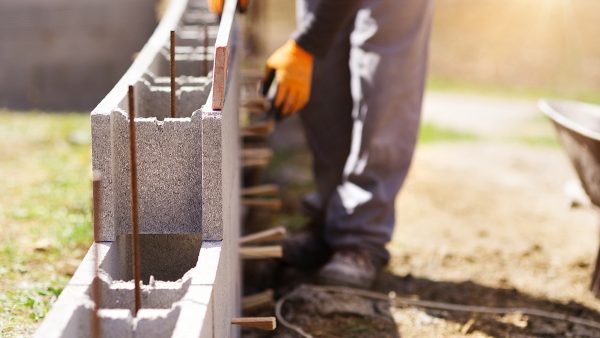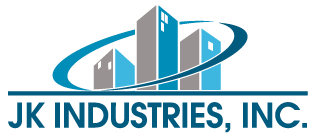What does masonry mean in construction?

Masonry is most often associated with brickwork, but there are many other forms of masonry. This construction practice has been around since the ancient Egyptians, and it remains one of the most popular choices for residential and commercial properties. Let’s take a look at what masonry means in construction and how to determine if it’s right for your building.
Definition of masonry
Masonry involves individual building materials that are installed in rows to form a solid structure. The most common form of masonry is brick and mortar, where the bricks are staggered for strength and durability. Masonry is versatile, beautiful, and dependable, but it does have its limits. There are other siding and construction options that may be better suited to your needs.
Types of masonry
Masonry materials may include bricks, concrete blocks, and stone. The mortar used between blocks will vary by material, but all mortar is designed to seal the edges of the masonry and attach the blocks to one another.
Mortar is more porous than bricks or blocks, so it crumbles faster than the primary materials. This is why masonry structures need periodic repointing to replace the surface-level mortar. Fortifying the mortar will greatly extend the lifespan of the masonry.
Benefits of masonry construction
Masonry is non-combustible, so it provides superior fire protection for commercial buildings. It’s not prone to rot, warping, pests, or other sources of damage. Masonry is an excellent insulator, and it is available in a wide range of styles, colors, and shapes. It can withstand more wear and tear than other siding materials, and it can transcend design trends.
Drawbacks of masonry construction
The major drawback to masonry construction is cost and rigidity. If a building experiences strong foundation shifts, the masonry will crack. Masonry construction takes longer than other applications, so it’s important to plan construction well in advance. Construction may also be halted by weather complications because the mortar needs time to dry, set, and cure.
If you’re unsure about masonry construction for your commercial building, we’d be happy to discuss your options. Contact JK Industries to schedule your consultation.
